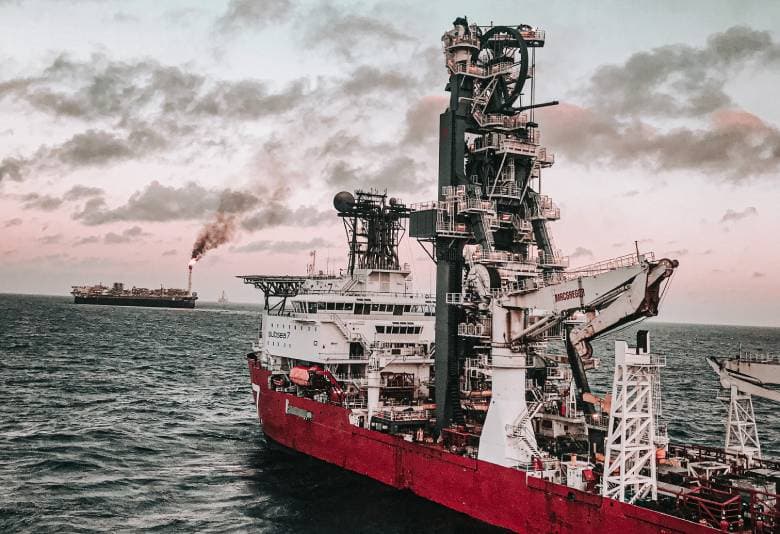Norwegian government open to continued oil exploration

Norway's Oil and Energy Minister Terje Aasland says that, in the long term, in light of the current energy and security situation in Europe, there are increased opportunities related to oil exploration in the Barents Sea.
The Norwegian government has an agreement with the Socialist Left Party (SV) that the 26th licensing round for oil exploration will not be launched this year.
Still, Minister Aasland told the newspaper Dagens Næringsliv (DN) that he is open to issuing a call for new blocks next year.
"The Norwegian continental shelf is much more attractive now. The Norwegian continental shelf plays a much larger, more important role for European energy security (now) than ever before," Aasland noted.
The war in Ukraine
Norway became the largest gas exporter to Europe after Russia cut off its gas supply.
"I believe that the opportunity in the Barents Sea in a long-term perspective has been strengthened through the situation that we are experiencing.
"The need for gas has not diminished with the situation that has unfolded with the war in Ukraine...
"I feel that the European Union (EU) wants Norway to develop its oil and gas activities further, (so that it can) be a stable and long-term supplier of gas," Aasland added.
Comments
See Also
The Norwegian government has an agreement with the Socialist Left Party (SV) that the 26th licensing round for oil exploration will not be launched this year.
Still, Minister Aasland told the newspaper Dagens Næringsliv (DN) that he is open to issuing a call for new blocks next year.
"The Norwegian continental shelf is much more attractive now. The Norwegian continental shelf plays a much larger, more important role for European energy security (now) than ever before," Aasland noted.
The war in Ukraine
Norway became the largest gas exporter to Europe after Russia cut off its gas supply.
"I believe that the opportunity in the Barents Sea in a long-term perspective has been strengthened through the situation that we are experiencing.
"The need for gas has not diminished with the situation that has unfolded with the war in Ukraine...
"I feel that the European Union (EU) wants Norway to develop its oil and gas activities further, (so that it can) be a stable and long-term supplier of gas," Aasland added.
Join the conversation in our comments section below. Share your own views and experience and if you have a question or suggestion for our journalists then email us at [email protected].
Please keep comments civil, constructive and on topic – and make sure to read our terms of use before getting involved.
Please log in here to leave a comment.